Thanksgiving is a time for spending quality time with friends and family... and stealing some time alone to shop the Black Friday sales. If a new mattress is on your shopping list but you're unsure where to start, I'm here to help. Below, you'll find my 5 top tips to navigating the sales in order to get the bed you need at the price you want.
As a sleep editor, a large part of my job involves researching and reviewing the latest mattresses and tracking their prices. Most of the beds in our guide to the year's best mattresses for all sleep styles and budgets have dropped to their lowest price within the last 12 months, making now an excellent time to buy.
Our guide to the best Black Friday mattress sales includes over 50 deals spanning sleep needs, mattress type and sleep position. Unsure where to start? Don't waste hours scrolling through sale sites — follow my top 5 tips to buying a new mattress in the Black Friday sales instead.
The best Black Friday mattress deals: quick links
- Saatva Classic: twin from $1,195 $995 at Saatva
- DreamCloud Hybrid: twin from $419 at DreamCloud
- Nectar Classic Memory Foam: twin from $349 at Nectar
- Siena Memory Foam: twin from $199 $189 at Siena
- Zinus Green Tea Memory Foam: twin from $189.99 at Amazon
- Helix Midnight Luxe: twin from $1,002 + $330 gifts at Helix - use: TOMS27
5 pro tips to shopping for a new mattress in the Black Friday sales
1. Be clear on your budget
Before you begin your search, think about your budget. How much are you able and willing to spend? As someone who writes about sleep for a living, I'll always recommend that you spend what you can on a new mattress, as an investment in a mattress that meets your sleep needs is an investment in your sleep quality and overall health.
That doesn't mean that you have to spend a fortune on a mattress for it to be a worthwhile purchase, though. Our guide to the best cheap mattresses offer a range of quality beds priced at $500 and under for a queen, such as the Siena Memory Foam mattress, which is currently $377 at Siena (that's the lowest price you'll ever be able to buy this bed for.)
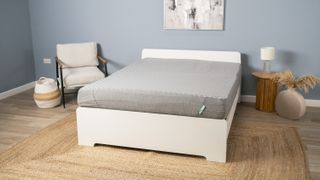
As your budget increases, you can expect an increase in build quality and materials. Spending in the region of $500-$1,000 will a get you mid-range queen mattress that will likely be more durable and more suited to specific sleep styles. You can buy a queen DreamCloud mattress for $665 (was $1,613) at DreamCloud, which is an excellent price on a quality bed with a lifetime warranty. Meanwhile, premium beds can cost between $1,500 - $2,000 and more. While we rate some (certainly not all) mattresses within this price category highly, you certainly don't have to spend that much if you can't.
2. Think about your sleep position
You might not have given much thought to it before, but thinking about what position you spend most time sleeping in is one of the key factors to determining what type of mattress you should buy.
Side sleepers tend to require a medium-firm mattress with a little bit of sink in order to relieve pressure from around the shoulder, hips and knees, while stomach and back sleepers require a firmer sleep surface to ensure that their back is held in correct alignment as they sleep.

However, your body weight will also come in to play, with lighter weight adults requiring a softer sleep surface, while heavier bodies need a mattress with a firmer tension in order to ensure they get the support they require.
You'll notice when shopping that mattress firmness is rated out of a score of ten. This is how we would rate each of the three main mattress firmness levels:
- Soft or plush mattresses – usually a 4 to 5 out of 10 on the firmness scale
- Medium-firm mattresses – usually a 6 out of 10 on the firmness scale
- Firm mattresses – usually an 8 out of 10 or higher on the firmness scale
While all manufacturers will have a different idea as to what rating their bed is, most mattresses sit within the medium-firm category in order to appeal to most sleepers. For more of a steer, check out our guide to how firm a mattress should be.
3. Ask yourself, what do I need from my mattress?
When we talk about your sleep needs, we're referring to what you need from your mattress in order to sleep comfortably. For some, that might be one of the best cooling mattresses to help prevent overheating and night sweats. For others, you might need a mattress that limits motion transfer, which is the movement you feel across the bed when someone shifts positions.
I always recommend that before you buy a new mattress, you spend some time thinking about what works about your current mattress, and what doesn't. For example, if you often wake with back or joint pain, it's a sure fire sign that your mattress is to blame. If that is the case, you should think about investing in one of the best mattresses for back pain, or a mattress that will properly relieve pressure from your joints and support your lumbar.
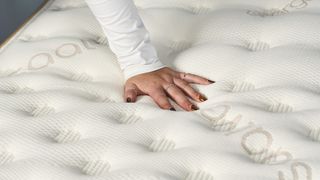
4. Don't be lead by discount alone
It's an easy trap to fall into, but never buy a mattress on the merit of the discount alone. We all want a great deal during Black Friday, but shopping on discount alone is a false economy when the mattress you end up with isn’t particularly comfortable or supportive, which inevitably means you'll have to replace it sooner.
Instead, take the above points into consideration and shop for a mattress that you know will suit your body type, sleep position and needs. That doesn't mean that you shouldn't try to maximize your savings, though. Keep an eye out for Black Friday mattress deals that come with free bedding, with brands like Helix, Tempur-Pedic and Leesa offering a range of freebies with your mattress purchase this year worth up to $418.
5. Opt for a mattress with a decent sleep trial
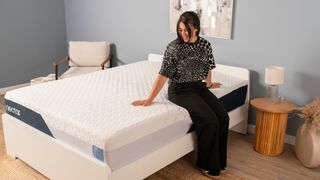
Some of the biggest savings on mattresses this year are coming from third party retailers. But while the savings might be big, buying from a third party retailer as opposed to directly from the brand can mean that you forgo your right to a sleep trial or warranty period.
A mattress sleep trial is the window of time within which you can return your mattress if it isn’t quite right. Without a sleep trial, you lose the option to swap or return it. All major brands offer a trial period ranging from the minimum 30 nights to a lengthy 365 nights, which you’ll get with Saatva, Nectar and DreamCloud.
Purchasing a mattress with a warranty period means you lose the option to return your mattress if it's damaged or faulty. Again, warranty periods differ between brands, with most ranging from 10 years to a lifetime. Mattresses are expensive, and this peace of mind is invaluable.
If you do opt to purchase through a third party retailer, double check that the sleep trial and warranty period is valid. If it isn't? Run the other way.
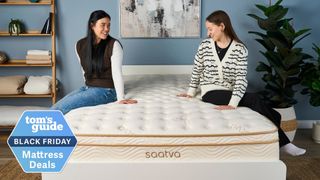







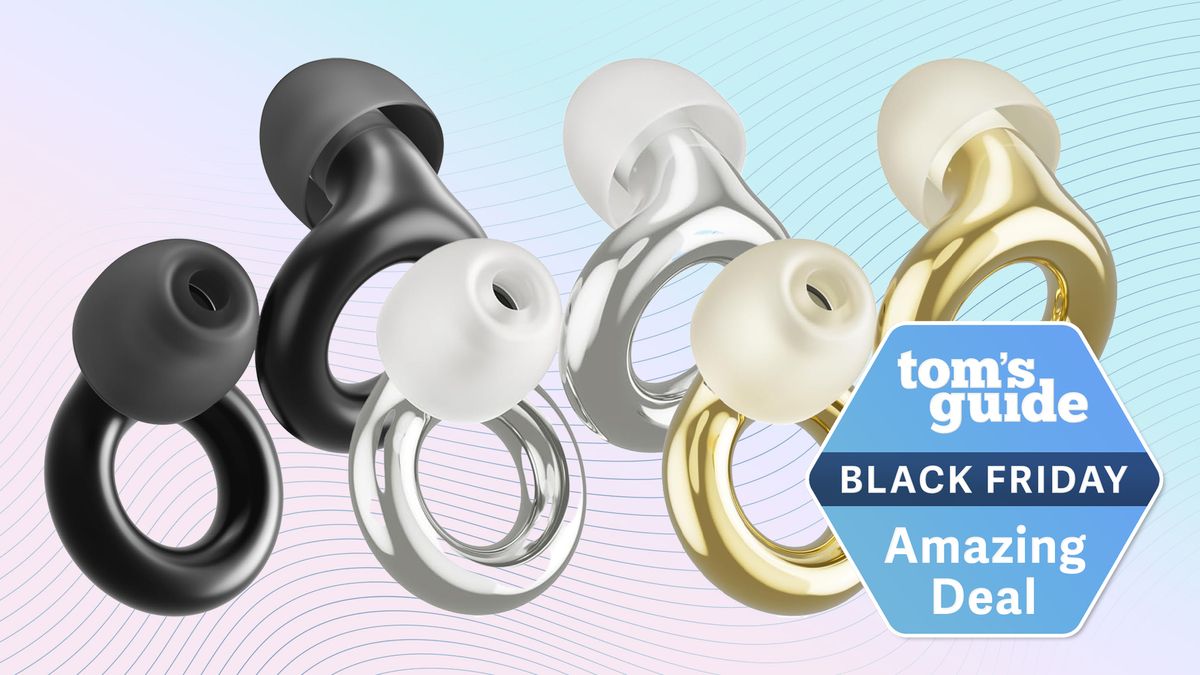

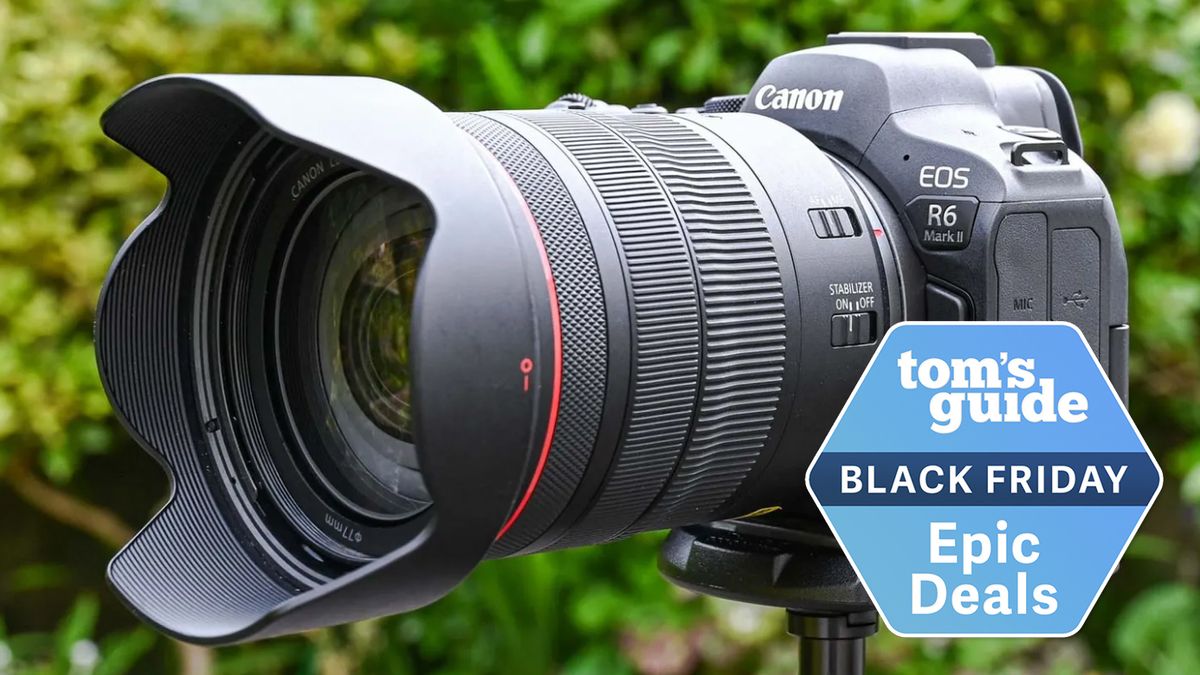
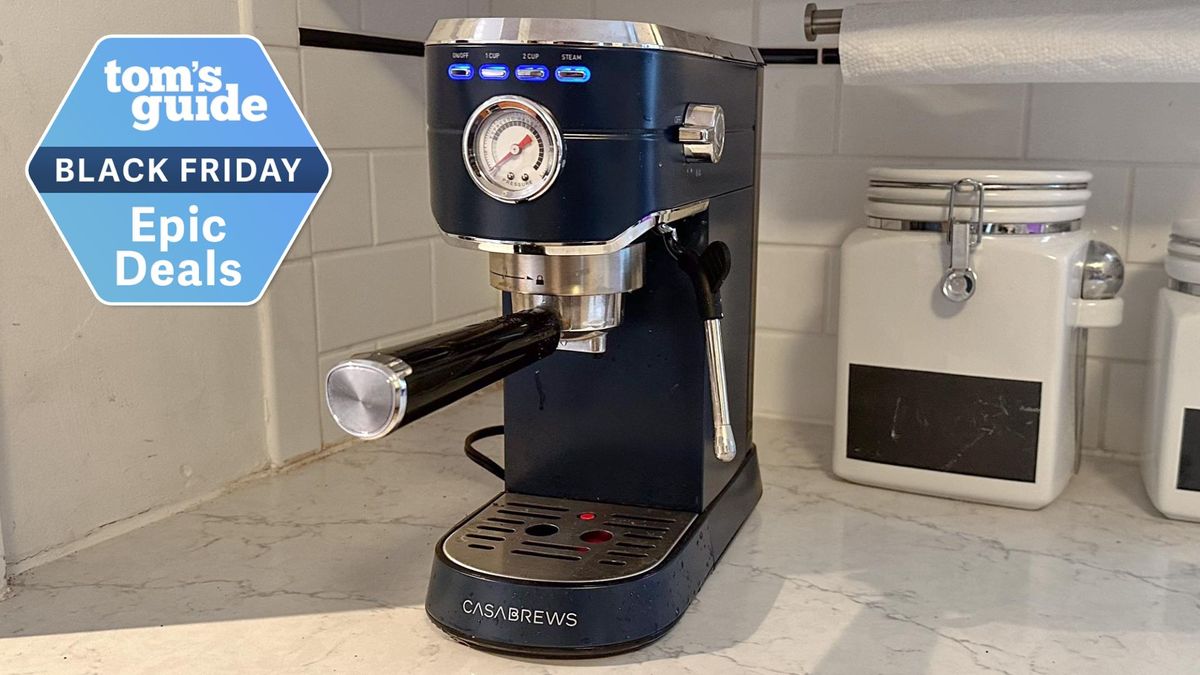
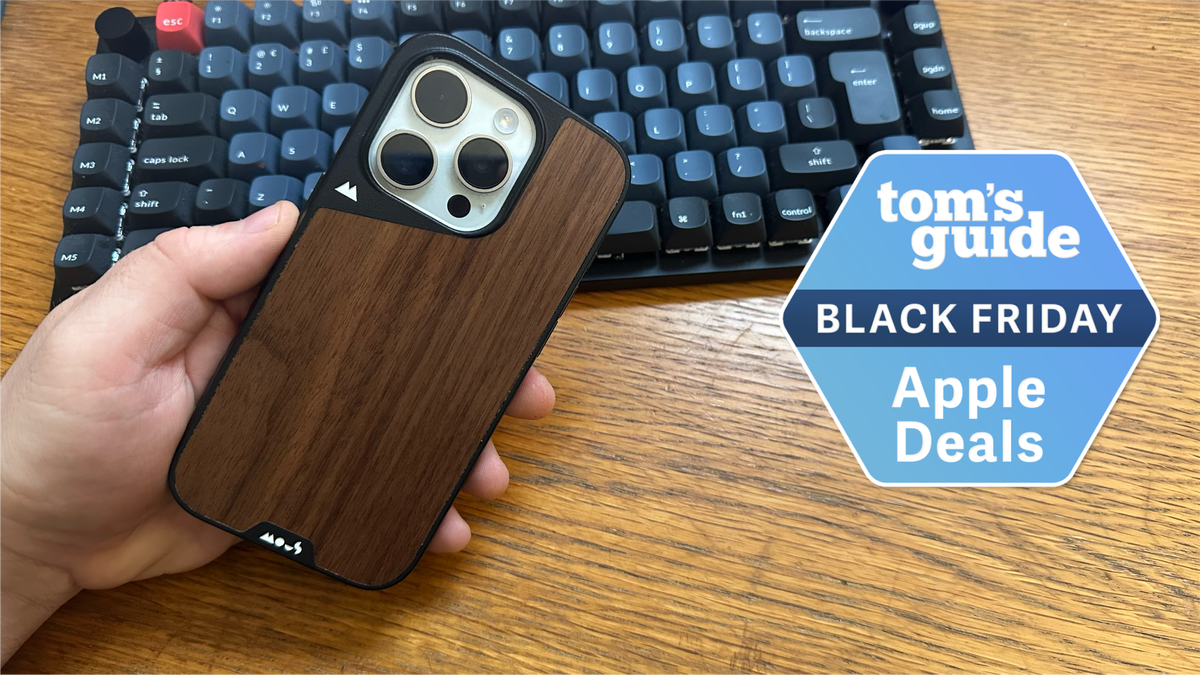







 English (US) ·
English (US) ·